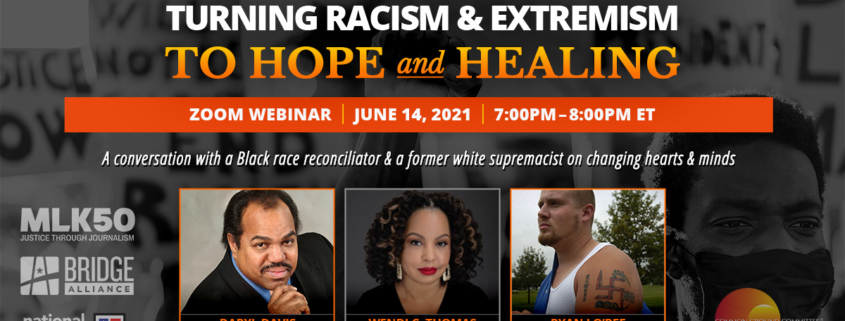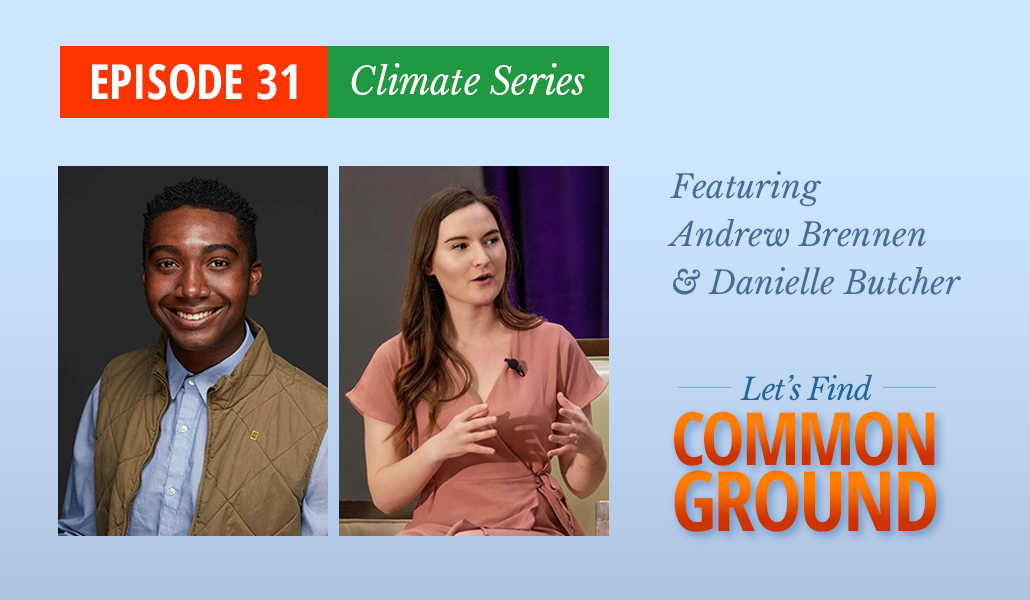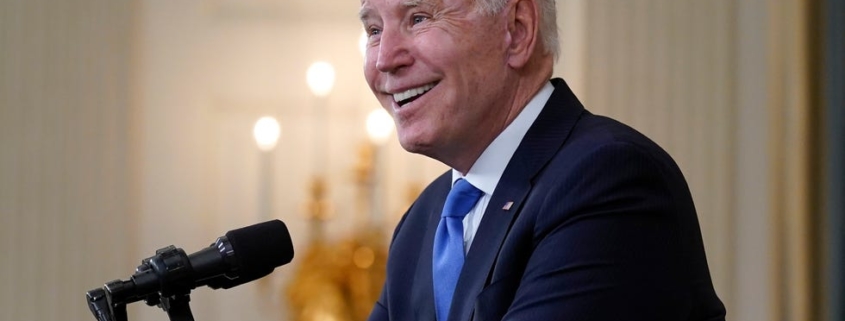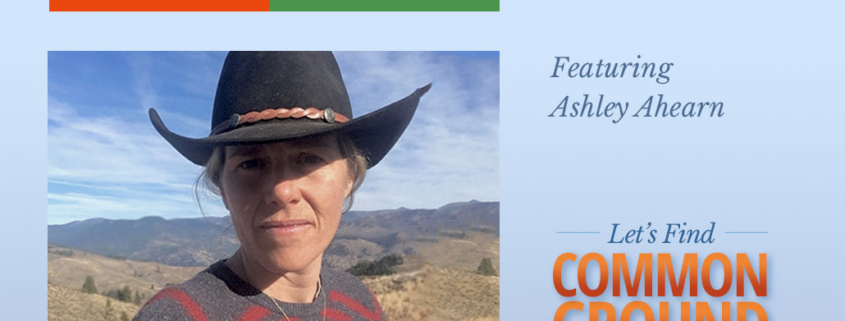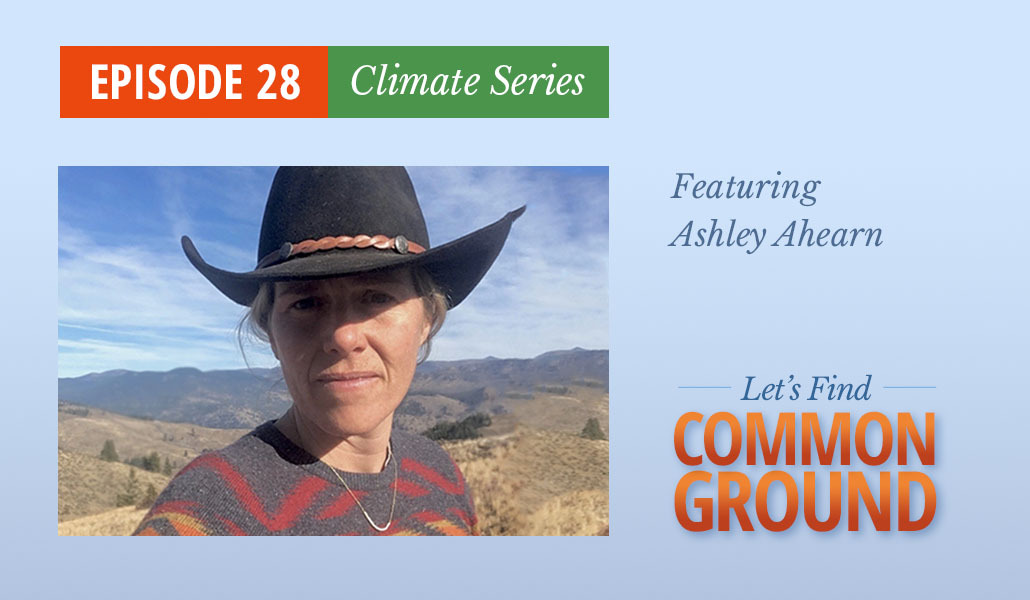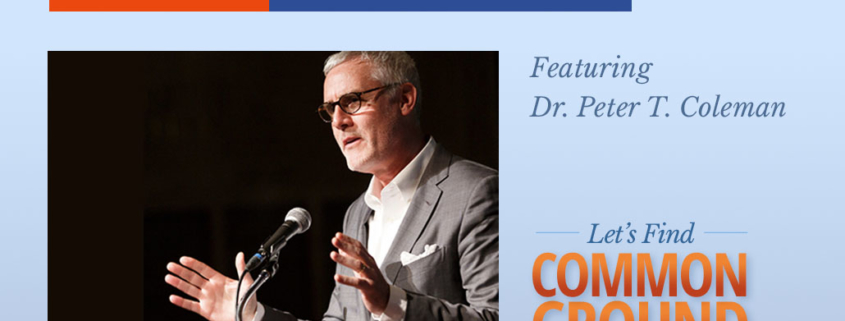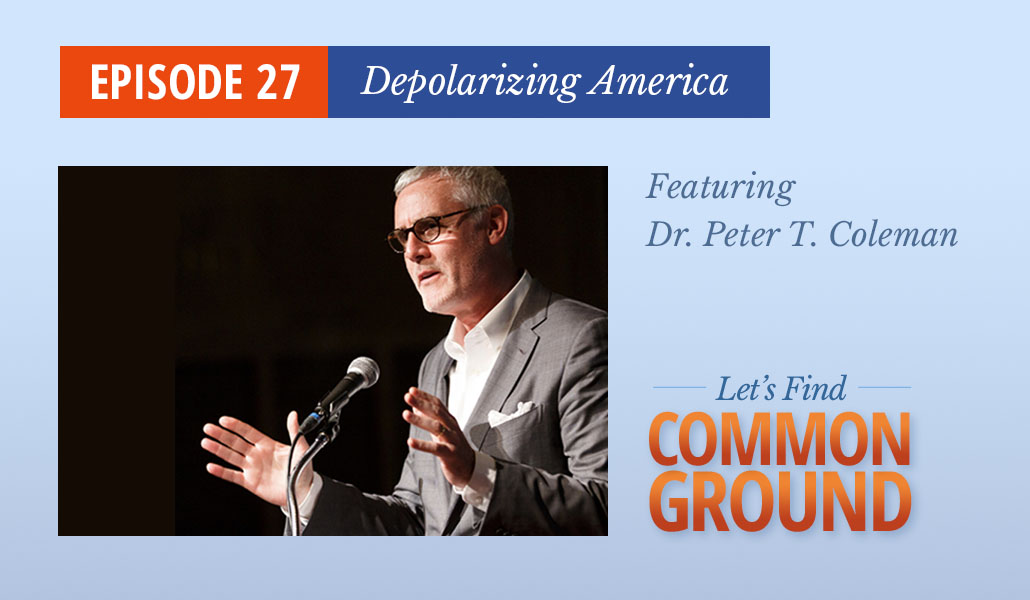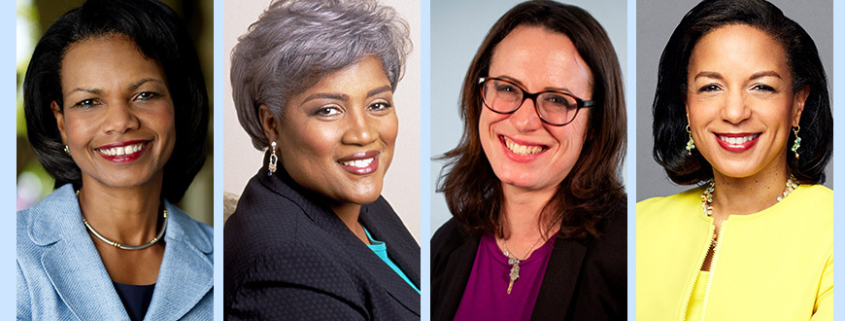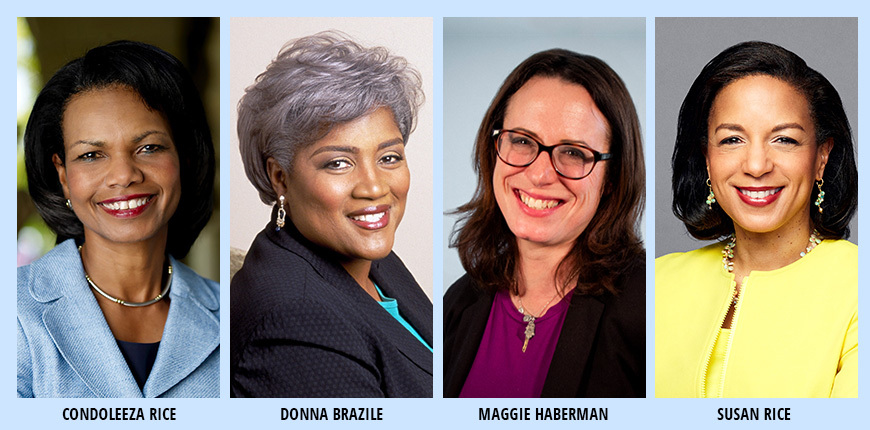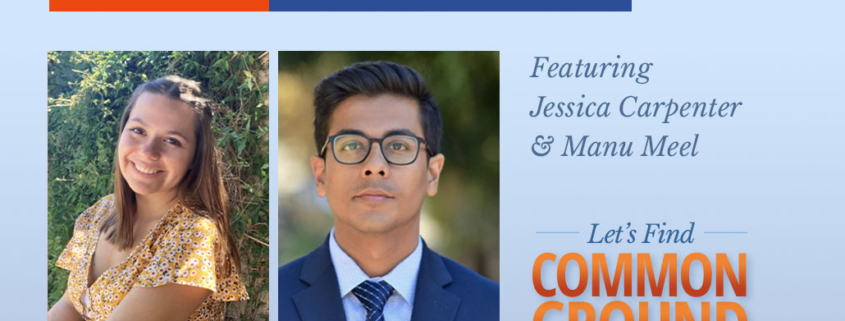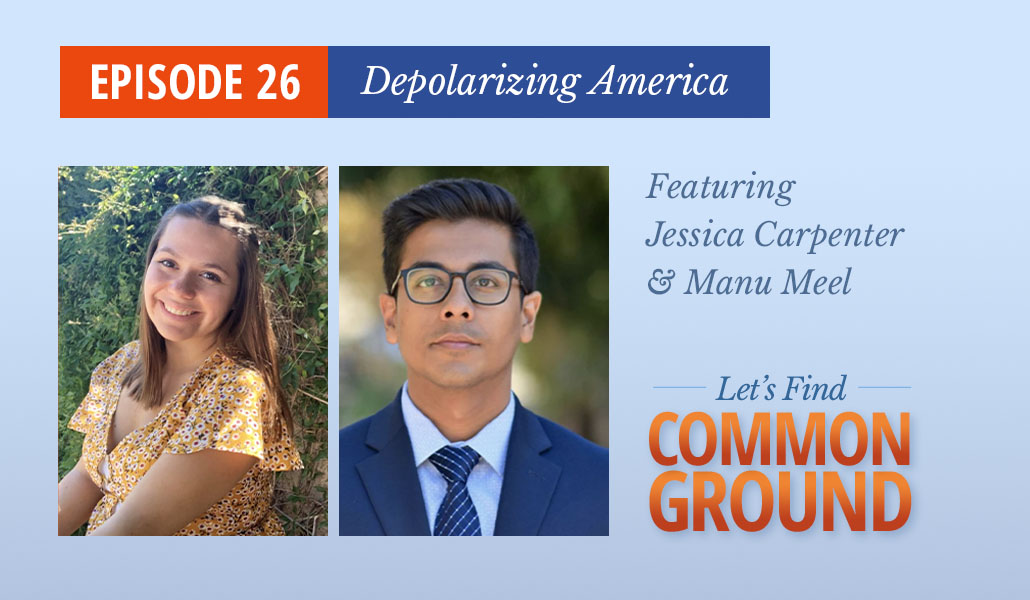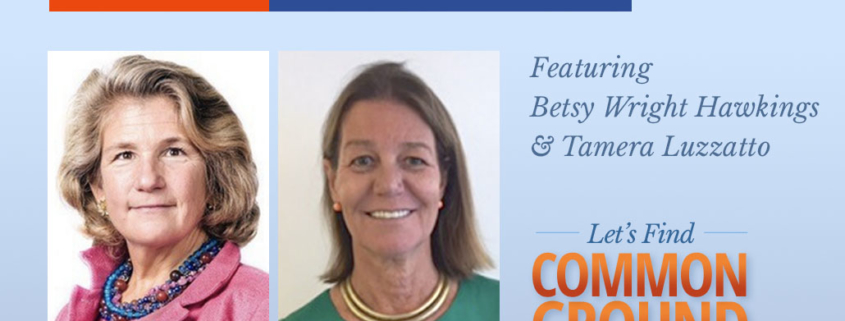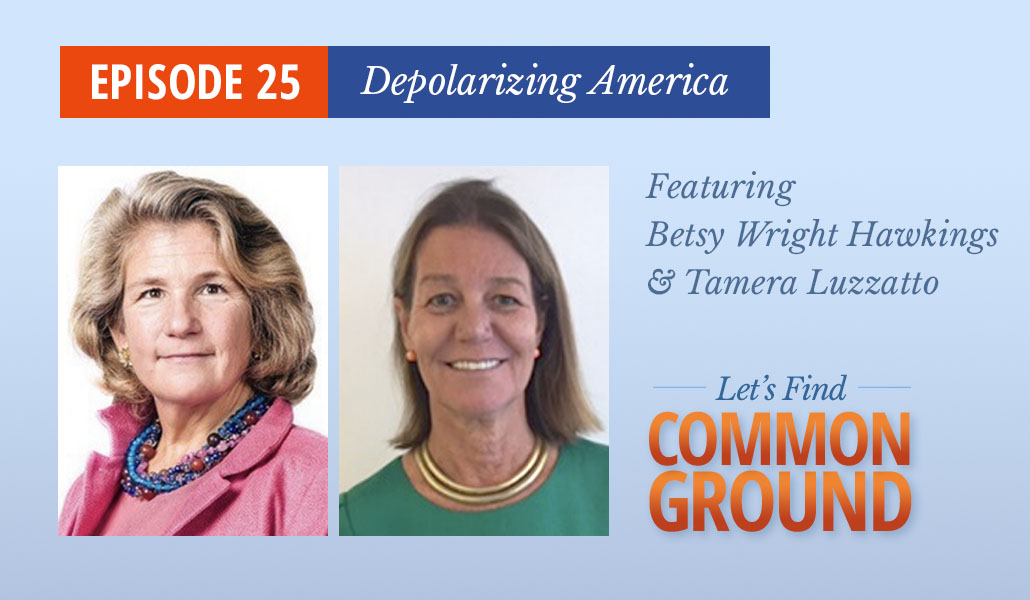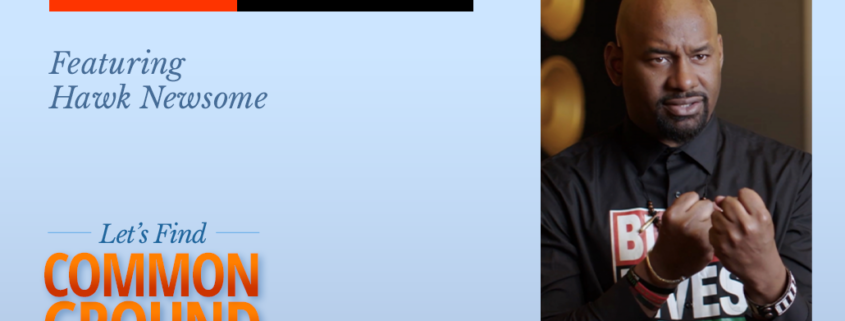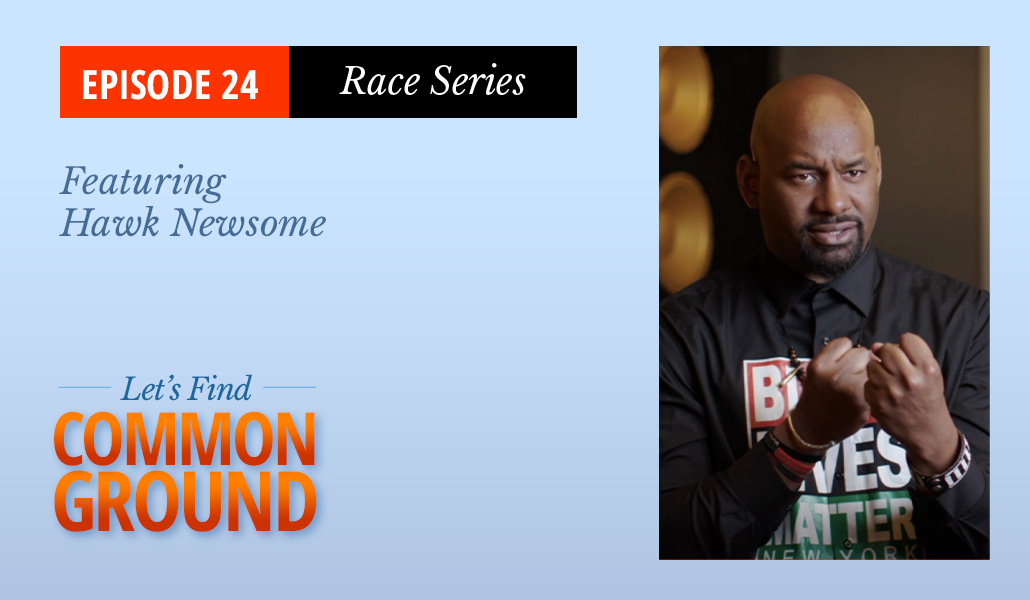Common Ground Committee Hosts Panel With Black Race Reconciliator and Former White Supremacist
Daryl Davis and Ryan Lo’Ree will discuss how to reduce tensions in a conversation moderated by NYT columnist David Brooks
Wilton, CT, May 27, 2021- Common Ground Committee (CGC), a nonpartisan, citizen-led nonprofit dedicated to reducing polarization, announced their upcoming, free event that answers the question: “What does it take to combat hate?” Daryl Davis, an award-winning Black musician, race reconciliator and renowned lecturer, has used the power of human connection to convince hundreds of people to leave white supremacist groups. He is joined by Ryan Lo’Ree, a former white supremacist, now working to deradicalize people who have been lured into extremism and white supremacy. Their conversation will be moderated by NYT columnist David Brooks.
“Daryl and Ryan embody Common Ground Committee’s values, by bringing people together through positive conversations and mutual understanding. We are so pleased that they are joining David and CGC for this conversation,” said Bruce Bond, co-founder and CEO of Common Ground Committee. “Our podcast with Daryl last year remains one of our most sought-out of our ‘Let’s Find Common Ground’ series. At a time where division is at an all-time high, in the midst of national racial strife, we are grateful that they are willing to share their expertise, explain strategies that work to combat hate and show us how we can all play a part.”
This virtual panel discussion is presented in partnership with the Bridge Alliance and will kick off the National Week of Conversation 2021.
“We could not be more excited to partner with the Common Ground Committee to host this crucial conversation and kick off the National Week of Conversation,” said Debilyn Molineaux, president and CEO of the Bridge Alliance. “Now more than ever, it’s important to combat the division plaguing our country. Having open conversations is one of the most effective ways to do so. We look forward to hearing from Daryl and Ryan who showcase how conversations can heal divides and how we can learn to listen to each other.”
To attend this free event, please sign up online here.
For interview requests, please contact Emily Cooper at ecooper@momentum-cg.com or 212-671-2086.
###
About Common Ground Committee
Common Ground Committee (CGC) (commongroundcommittee.org) is a nonpartisan, citizen-led organization that inspires action on polarizing issues by bringing prominent leaders with opposing views together in public forums to find common ground. Since its founding in 2009, CGC has held 14 forums featuring panelists who have reached over 200 points of consensus. Panelists have included such notables as David Petraeus, Susan Rice, John Kerry, Condoleezza Rice, Michael Steele, Donna Brazile and Larry Kudlow, exploring issues ranging from race and income inequality to foreign policy. CGC is also responsible for the “Let’s Find Common Ground” podcast and the Common Ground Scorecard, which scores politicians and candidates for public office on their likelihood to find common ground with the opposite party. Free of political agenda and financial influence, CGC has a singular focus on bringing light, not heat, to public discourse.
About Bridge Alliance
The Bridge Alliance is a coalition of over 90 organizations dedicated to U.S. revitalization. With each organization focusing on a different sector of the movement, our members represent a combined three million supporters in the burgeoning field of civic reform and civil discourse. In addition, more than one billion dollars has been invested towards improving government effectiveness nationwide. We act as a hub of information and connectivity for over 90 civic action organizations. We provide the infrastructure for our members to expand individually, collaborate on shared goals, and inform others that are invested in democracy revitalization. This generates a collective impact greater than any one group could make alone.

About National Conversation Project
National Week of Conversation 2021 (June 14-20), the fourth annual, is powered by the #ListenFirst Coalition (listenfirstcoalition.org) of 300+ organizations and invites Americans of all stripes to listen, extend grace, and discover common interests. Another courageous step following America Talks, we hope you’ll join this hopeful mission to defeat toxic polarization and heal America by transforming division and contempt into connection and understanding.


